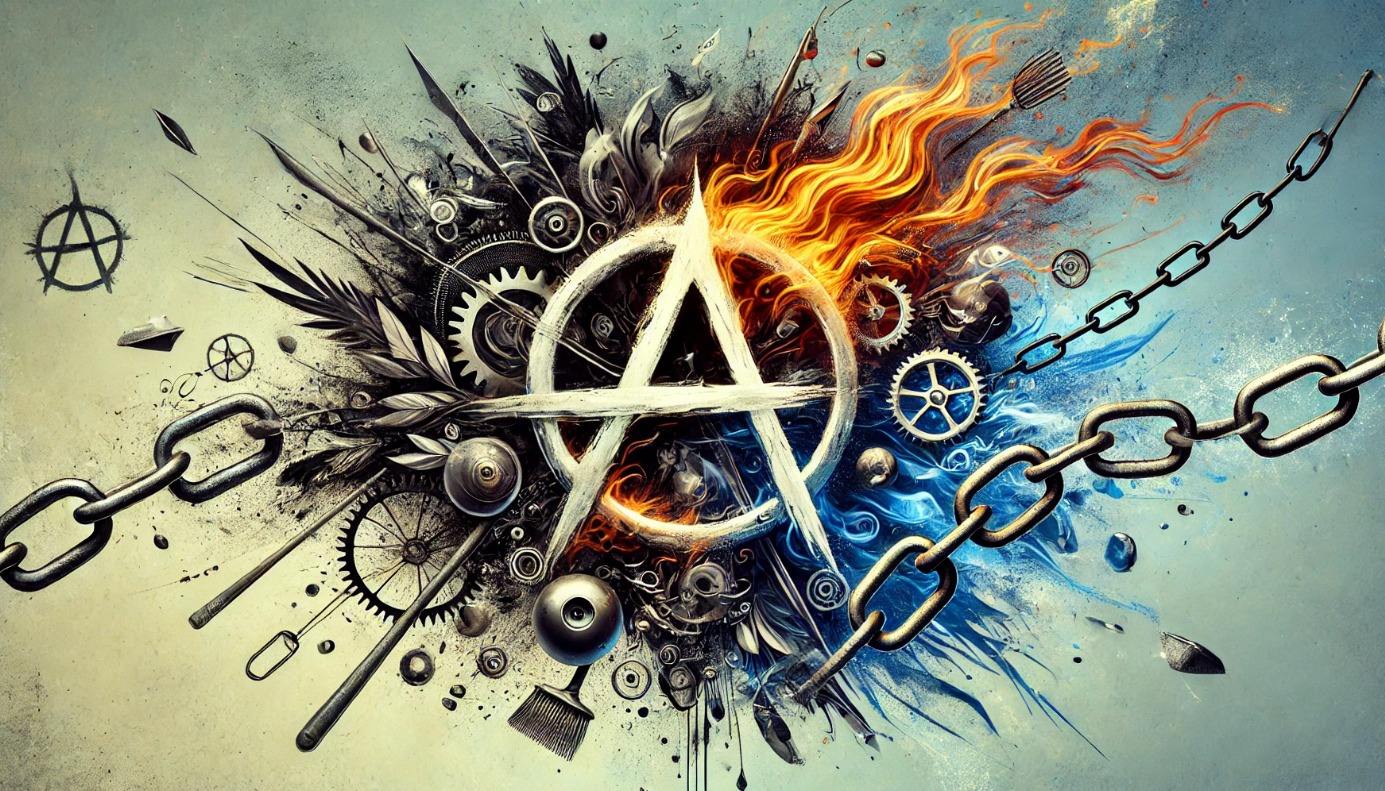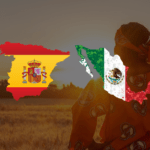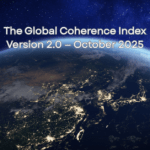“He who wishes to serve his country must have not only the power to think, but the will to act.”
Plato
Mini-Biography of Plato
Plato, born around 428 BCE, was a classical Greek philosopher and a student of Socrates. He founded the Academy in Athens, one of the earliest institutions of higher learning in the Western world. Plato’s works, including “The Republic” and “The Apology,” explore justice, politics, and the nature of knowledge. His contributions laid the groundwork for Western philosophy and political thought, influencing countless generations of thinkers and leaders.
Analysis of Plato’s Quote in International Relations
“He who wishes to serve his country must have not only the power to think, but the will to act.” This quote by Plato emphasizes the dual necessity of intellectual capability and decisive action in serving one’s nation. From an activist and anarchic perspective, this statement underscores the importance of both critical thinking and proactive engagement in challenging unjust systems and advocating for transformative change.
Anarchic Perspective
Anarchism, as a political philosophy, advocates for a stateless society where individuals freely cooperate without coercive authority. It emphasizes the dismantling of hierarchical structures and promotes direct action as a means to achieve social justice and equity.
From this viewpoint, Plato’s call to think and act aligns with the principles of anarchism, which valorize both critical awareness and active resistance.
Critical Thinking and Intellectual Empowerment
In the anarchic tradition, critical thinking is essential for recognizing and understanding the systemic injustices perpetuated by state and corporate powers. Activists must cultivate an awareness of how authority operates to oppress and exploit. This intellectual empowerment enables individuals to question and critique the status quo, envisioning alternative forms of social organization that prioritize human dignity and mutual aid.
Plato’s emphasis on the “power to think” aligns with the anarchic belief in the importance of education and consciousness-raising. Through critical pedagogy and participatory learning, activists seek to equip themselves and others with the knowledge necessary to challenge oppressive systems and advocate for egalitarian alternatives.
Will to Act and Direct Action
However, thinking alone is insufficient.
Plato’s quote underscores the necessity of action, which is central to the anarchic approach.
Anarchists believe that direct action—taking collective, often confrontational, steps to address injustice—is crucial for effecting change. This can include a range of activities, from peaceful protests and strikes to more radical interventions like civil disobedience and sabotage.
Historical and contemporary movements illustrate the power of this combination. The labor movements of the late 19th and early 20th centuries, for instance, saw workers employing both critical thought and direct action to demand fair wages and working conditions. Similarly, the Civil Rights Movement in the United States combined intellectual leadership with mass mobilization to challenge systemic racism and achieve significant social reforms.
Modern Relevance
In today’s context, the climate justice movement exemplifies Plato’s call to think and act. Activists like Greta Thunberg and organizations such as Extinction Rebellion harness scientific knowledge to highlight the urgency of the climate crisis while engaging in direct actions to demand policy changes and systemic transformation. This dual approach is vital for addressing the interconnected environmental, social, and economic crises of our time.
Plato’s quote, through the lens of an activist and anarchic perspective, highlights the imperative for individuals to combine critical thinking with decisive action to serve their country—or, more broadly, their community and the world. In challenging unjust systems and advocating for a more just and equitable society, the power to think and the will to act are both indispensable. This perspective not only aligns with the core tenets of anarchism but also provides a timeless call to action for those committed to social change.
References by ChatGPT:
Bookchin, M. (1995). Social Anarchism or Lifestyle Anarchism: An Unbridgeable Chasm. AK Press.
Graeber, D. (2004). Fragments of an Anarchist Anthropology. Prickly Paradigm Press.
Thunberg, G. (2019). No One Is Too Small to Make a Difference. Penguin Books.
Human References:
- ChatGPT. (n.d.). OpenAI. https://chat.openai.com/#
- Plato (Stanford Encyclopedia of Philosophy). (2022, 12 febrero). https://plato.stanford.edu/entries/plato/
- Dornan, M. (2011, 30 agosto). Realist and Constructivist Approaches to Anarchy. E-International Relations. https://www.e-ir.info/2011/08/29/realist-and-constructivist-approaches-to-anarchy/
- BBC News. (2024, 9 mayo). Greta Thunberg: Who is the climate activist and what has she achieved?https://www.bbc.com/news/world-europe-49918719









No responses yet